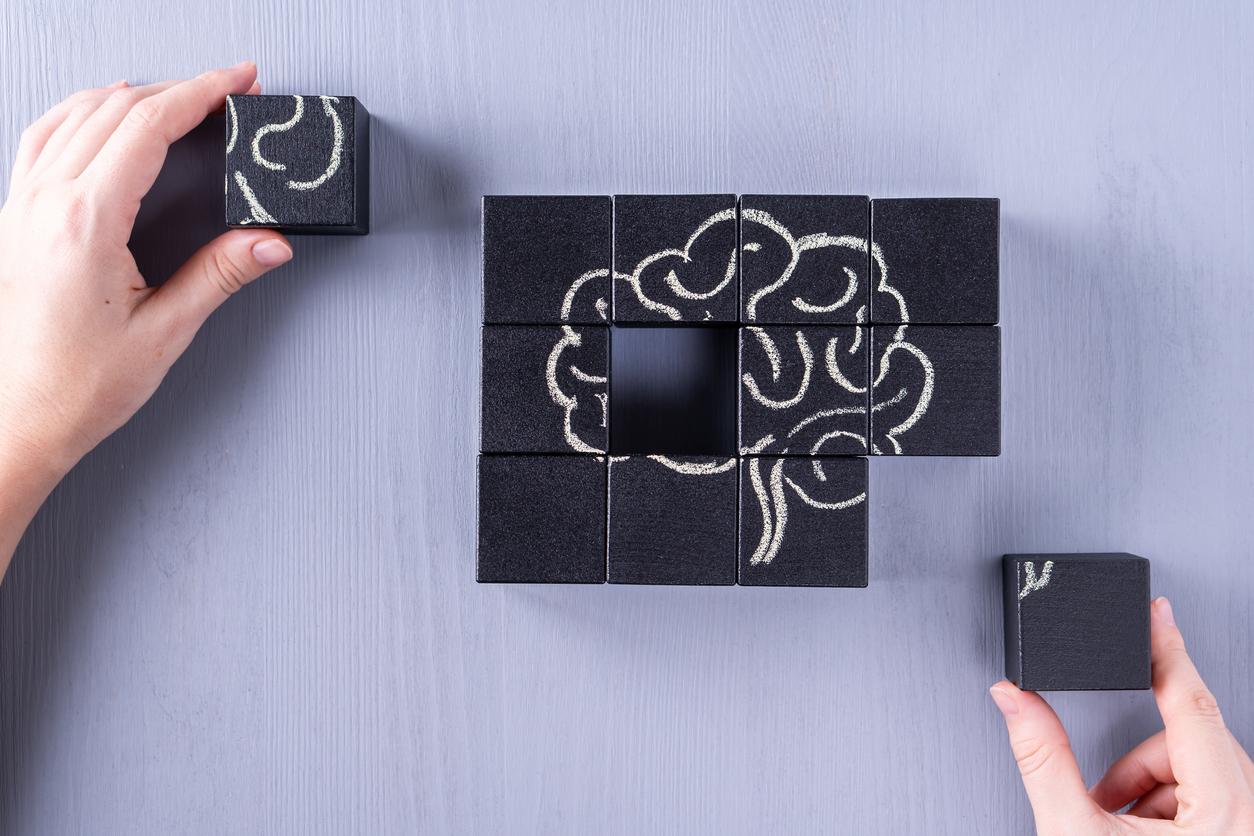A neuroscientist gives us the keys to taking care of our long-term memory.

- To take care of your memory, you need to get enough sleep.
- Doing several tasks at the same time is also harmful.
- Excessive routine and reliance on memory are also very bad.
Memory is also impacted by time. As the years go by, it is sometimes more difficult to retain or remember certain things. As with the rest of the body, this function is also impacted by our lifestyle and our good – or bad – habits.
In an article for the BCCTHE Professor Charan Ranganathneuroscientist and director of the dynamic memory laboratory of the university of Californiain the United States, provides advice.
Memory: sleep to clean the brain
The first tip is to sleep well, that is to say, long enough and without waking up at night. “We now know that the brain has a system that drains the toxins that accumulate there, including the amyloid protein, involved in the onset of Alzheimer’s disease, explains Professor Charan Ranganath. This system turns on at night.”
Indeed, people with Alzheimer’s have two types of lesions in the brain: amyloid deposits and neurofibrillary tangles, according to the National Institute of Health and Medical Research (Inserm). Each lesion is associated with a protein: amyloid beta peptide (ß-amyloid) for amyloid deposits, and phosphorylated tau protein for neurofibrillary tangles. Sleeping therefore helps to get rid of these harmful elements, but that’s not all.
“During sleep, memory is reactivated and this is what many attribute the origin of dreams (…). Sleeping makes it easier to retain the information we have learned, continues the neuroscientist. If a person does not get enough sleep, the frontal function of the brain is reduced, as is their level of stress tolerance, and therefore they are not able to concentrate properly.”
To sleep well, it is recommended not to drink exciting drinks before bedtime – such as alcohol or coffee – avoid screens, not overeat and engage in regular physical activity, but not too late.
The second habit that can impact memory is doing several things at the same time. “The prefrontal cortex helps us focus on what we need to do to achieve our goals, but this wonderful ability gets stalled if we continually move from one goal to another.“, indicates Professor Charan Ranganath. But be careful, this rule is not valid if the two tasks are linked, such as when following a cooking recipe.
The neuroscientist takes a concrete example: listening to a course and opening emails. According to him, the result will necessarily be negative, which means that you will not retain the course. “When you change focus (you start checking email), your neurons become distracted and record fragmentary memories of the class, because you’re using a lot of executive functions to manage the transition from one activity to another, making it difficult the formation of a lasting memory.”
To avoid this bad habit, the ideal is to finish one activity before starting another, to take real breaks and to turn off all possible sources of distraction such as, for example, the cell phone.
Third bad habit: routine. Indeed, it is emotions – happiness, desire, anger, etc. – which secrete chemical substances beneficial for brain plasticity and memory. ““Brain plasticity helps us perform tasks, especially repetitive tasks, more efficiently,” says Professor Charan Ranganath.
And to stimulate the brain, no need to embark on extreme challenges. The neuroscientist recommends small changes such as changing passwords regularly. “When you change the password, the neurons that stored the old password fight with the neurons that have the new password.”
How not to miss memory loss?
“People think their memory is very good until they realize, at some point in their lives, that it is not, underlines Professor Charan Ranganath. The purpose of memory is not to remember the past, although it can do that, but to extract from the past the important information we need to understand the present and prepare for the future.”
You should not overestimate your memory and test it from time to time. “A few minutes after being introduced to a person, test yourself and try saying their name, he advises. And as the conversation progresses, start again. The farther apart these attempts are, the better.”
Finally, diet and physical exercise are also very important for memory and general health. From an early age, these two elements must be taken into consideration to reduce the risk of neurodegenerative diseases.
By 2050, the number of people with dementia in Europe will almost double to 14,298,671 in the European Union and 18,846,286 in Europe as a whole, according to forecastsAlzheimer Europe.
















